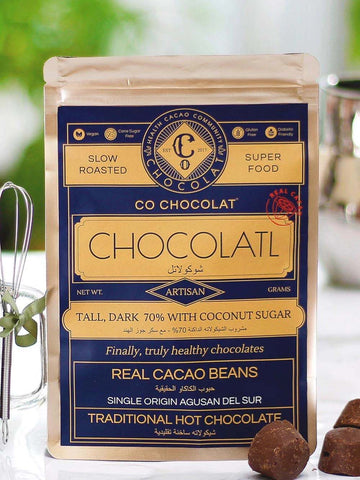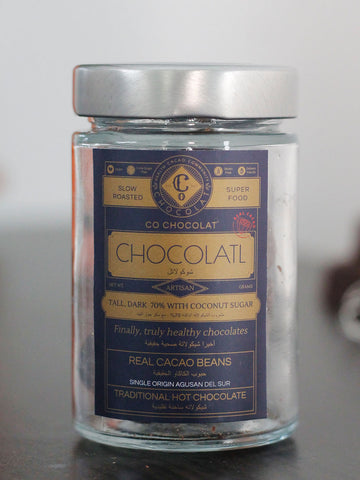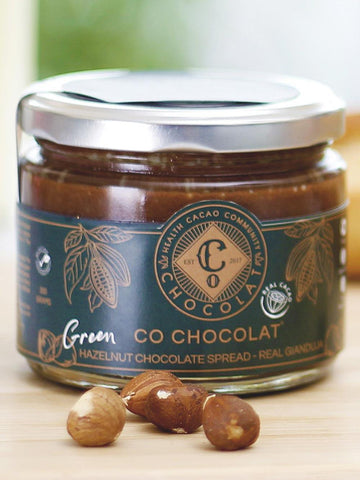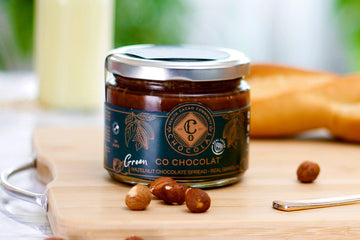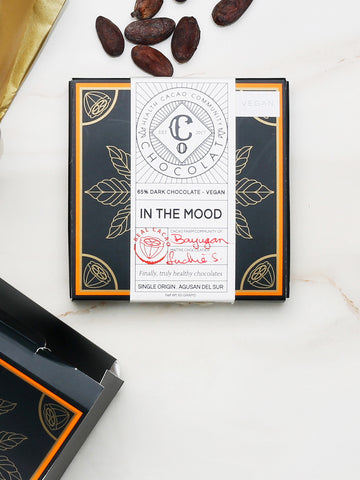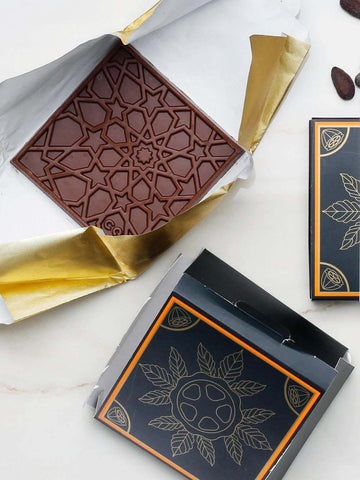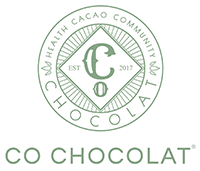Sugar Alternatives

Sugar Alternatives: The Good and the Bad
When people were just hunters and gatherers thousands of years ago, finding a piece of ripened fruit was literally the sweetest reward one can get. Fruits are sweet because they contain sugar which is an instant source of much-needed energy. Because of this, our brain has learned to treat sugar as a prize. 1 Whenever we eat sugar, the reward senses of our brain are triggered and we want more and more of it. But now that sugar is more readily available in different forms, we no longer have to work so much just to get a dose.
With the holidays coming up, sweets and hot chocolate are easily the best treats! Enjoying sweets is perfectly human and so sugar alternatives have become the sweet solution for this. From the time sugar was deemed unhealthy, we have been told that sugar substitutes are the healthiest solution. Well, as more studies on these holy grail sweeteners become available, we’re slowly finding out their positives and negatives.
This issue is very close to the Co Chocolat team as we have our Mama Irene who has been managing her Type 2 Diabetes for decades now. We always strive to bring in the healthiest choices for our family and for the Co community. So, here’s our rundown on the good and the bad on sugar substitutes.

Artificial Sweeteners
The good:
For years, Aspartame aka The Blue Packet has been our Mama Irene’s sweetener. Along with Sucralose (yellow packet), Saccharine (pink packet), and Acesulfame K, it is an artificial sweetener that is non-nutritive meaning it contains no calories and it virtually doesn’t affect your blood sugar levels. People who are looking to lose weight and control their sugar intake have been enjoying their sweets with the help of these sweeteners without the calories. 2
The bad:
Artificial — at Co, this is enough reason for us to stay far away from these sweeteners. Our bodies are smart. Although these artificial substitutes start out sweet, we do detect a bitter or metallic taste as it settles. When our matriarch was diagnosed with diabetes, this was the first option we were given but through time, more and more studies and research have pointed to its negative side effects and this eventually led us to look for other substitutes. 3
Although people continue to argue that the negative effects of these sweeteners have been rare and inconclusive when consumed for short periods of time and in low doses, that doesn’t actually prove they’re safe, right? Artificial sweeteners have been linked to cancer, metabolic syndrome, and relative risk for type-2 diabetes. Yes, you heard that right. Just imagine this: Saccharine is technically a derivative of coal tar. That’s not something I’d like to put in my body. 4

Another problem these artificial sweeteners bring is overconsumption. One pattern that researchers have seen is that people think sugar is the culprit and sugar-free means they can eat however much they want. Nope. Overconsumption of these artificial sweeteners has also been found to negatively affect our gut microbiota which is essential to regulating our blood sugar levels and overall health. 5
Sugar Alcohols
The good:
So far, sugar alcohols are looking better than artificial sweeteners. While it’s in the name, this doesn’t contain ethanol which is found in alcoholic beverages. Unlike artificial sweeteners, sugar alcohols occur in nature mainly in some fruits and berries. 6 Sugar alcohols also bring in fewer calories compared to regular sugar and are converted to glucose more slowly. Little to no insulin is needed to metabolize this sugar substitute and it doesn’t cause blood sugar spikes as easily as regular sugar.
Common examples of sugar alcohols are Xylitol, Maltitol, Mannitol, Sorbitol, and Erythritol. Amongst these examples, Erythritol has the fewest calories at only .24 calories per gram. 7 One reason they’re gaining popularity is that sugar alcohols actually taste pretty close to regular sugar.
The bad:
Studies have found that sugar alcohol consumption leads to bloating and digestive problems. Their unique chemical structure makes it difficult for our body to properly break them down. Once they reach the colon, that’s where sugar alcohols start to break down causing gas and bloating. 8 Amongst sugar alcohols, this occurs a lot less with Erythritol.
Then, there’s the cost. At the moment, acquiring sugar alcohol is still an expensive process which means, it’s not very accessible to everyone yet. From our examples, erythritol is the most promising but it’s also the most expensive.

Sugar alcohol is still not a free pass to eat more. Besides the digestive issues that can happen, they also contain some carbohydrates that will eventually have a negative effect on blood sugar levels. Moderation is still key.
Natural Alternatives
There’s an idea that if it comes from nature, it’s probably good. While in some sense, this may be true, remember, sugar also comes from nature. And because it’s from nature, natural sweeteners are also very different from one another. Now, we can’t cover all of it but let’s break down four of the most popular natural sweeteners.

Honey
The good:
First of all, it’s yummy! And next to sugar, this may be the most accessible and most familiar. Honey is an antioxidant and you will need less of it to get the same amount of sweetness you get from sugar. With honey, you don’t get empty calories like what you get from regular sugar. 9
The bad:
Honey is made up of water, glucose, and fructose. The first problem lies in fructose because consuming too much of it actually takes a hard toll on your liver and it messes with the way your body produces insulin. 10 Secondly, if you’re looking into shifting to honey as a sweetener, you need to make sure you are getting the high-quality ones because most of what’s available in the market use sugar syrup as an extender.
Stevia
The good:
Stevia has been a popular choice for healthy foodies because it contains no calories and is extracted from the stevia plant which means it’s a natural alternative to sugar. In terms of sweetness, it’s pretty close to sugar and you’ll need less of it to get the same sweetness 11
The bad:
Although the sweetness is there, Stevia does have an aftertaste that affects the quality of experience you get from your sweet treat. You also have to watch out for how your stevia is processed. To make production faster and costs lower, some companies sacrifice the quality and organic nature of stevia that comes in packets. A healthier and safer option is to get stevia from the leaf itself. 12
Monkfruit Extract
The good:
Like Stevia, Monkfruit is extracted from plants. It’s also a zero-calorie sweetener and it’s diabetic friendly. As of date, no side effects are linked to monkfruit extract. 13
The bad:
The taste of monkfruit extract can be unusual for some as it comes with a little bit of bitterness at the end. Compared to stevia, it is also less accessible and more expensive. Some companies may try to mix in other ingredients to save the taste and save on costs. Be sure to read your labels and that you’re getting the good quality sweetener with all the benefits intact.


Coconut Sugar
The good:
Our maitre chocolatier’s favorite so far. In terms of taste, coconut sugar is Co approved! Coconut sugar is derived from the flowers of coconut trees and is minimally processed. Because coconut sugar contains inulin, it scores lower in the Glycemic Index making it a better option to control blood sugar levels. 14
The bad:
Although it’s a healthier and less processed option compared to table sugar, coconut sugar still contains some fructose and like any other sweetener, it’s best to consume in moderation. 15
Final thoughts
Overall, artificial sweeteners pose risks we’d rather not take at Co. Plus, the aftertaste isn’t really a nice experience to have with your sweet treat. While natural sweeteners seem to be a better option, too much of anything is always bad. Think of it this way, sweets should be a joyful and rewarding experience. The best way to enjoy your chocolate treats and sweets is when it comes with peace of mind knowing that you and your family are eating something healthy and equally rewarding.
1. https://www.smithsonianmag.com/arts-culture/the-evolution-of-the-sweet-tooth-79895734/
2. https://www.healthline.com/nutrition/artificial-sweeteners-good-or-bad#types
3. https://usrtk.org/sweeteners/aspartame_health_risks/
4. https://www.acs.org/content/acs/en/molecule-of-the-week/archive/s/saccharin.html
5. https://www.healthline.com/nutrition/saccharin-good-or-bad#potential-downsides
6. https://www.ynhh.org/services/nutrition/sugar-alcohol.aspx
7. https://www.healthline.com/nutrition/erythritol#TOC_TITLE_HDR_2
8. https://www.youtube.com/watch?v=kcnGmKi3xms&t=1063s
9. https://www.healthline.com/nutrition/10-benefits-of-honey#TOC_TITLE_HDR_3
11. https://www.youtube.com/watch?v=vZVlQRtrjN0&t=319s
12. https://www.everydayhealth.com/type-2-diabetes/diet/sugar-substitutes-for-diabetes/
13. https://foodinsight.org/everything-you-need-to-know-about-monk-fruit-sweeteners/
14. https://www.webmd.com/diet/health-benefits-coconut-sugar#1
15. https://www.medicalnewstoday.com/articles/323047#coconut-sugar-and-fructose
